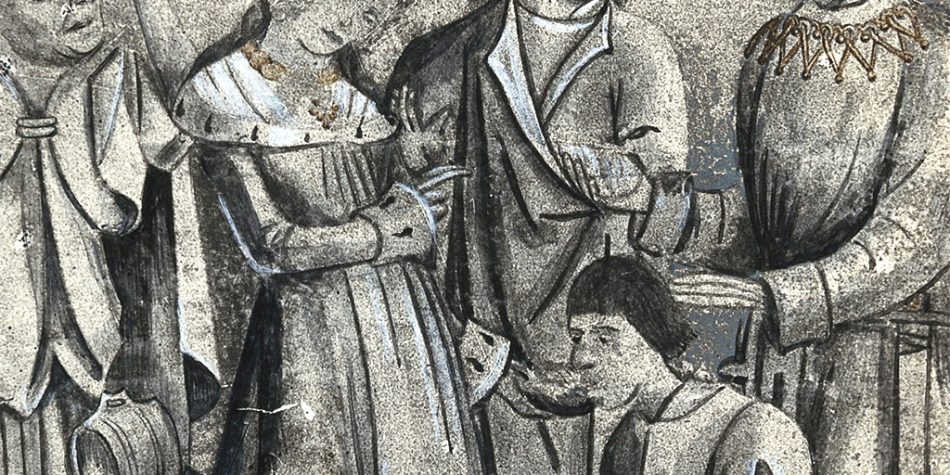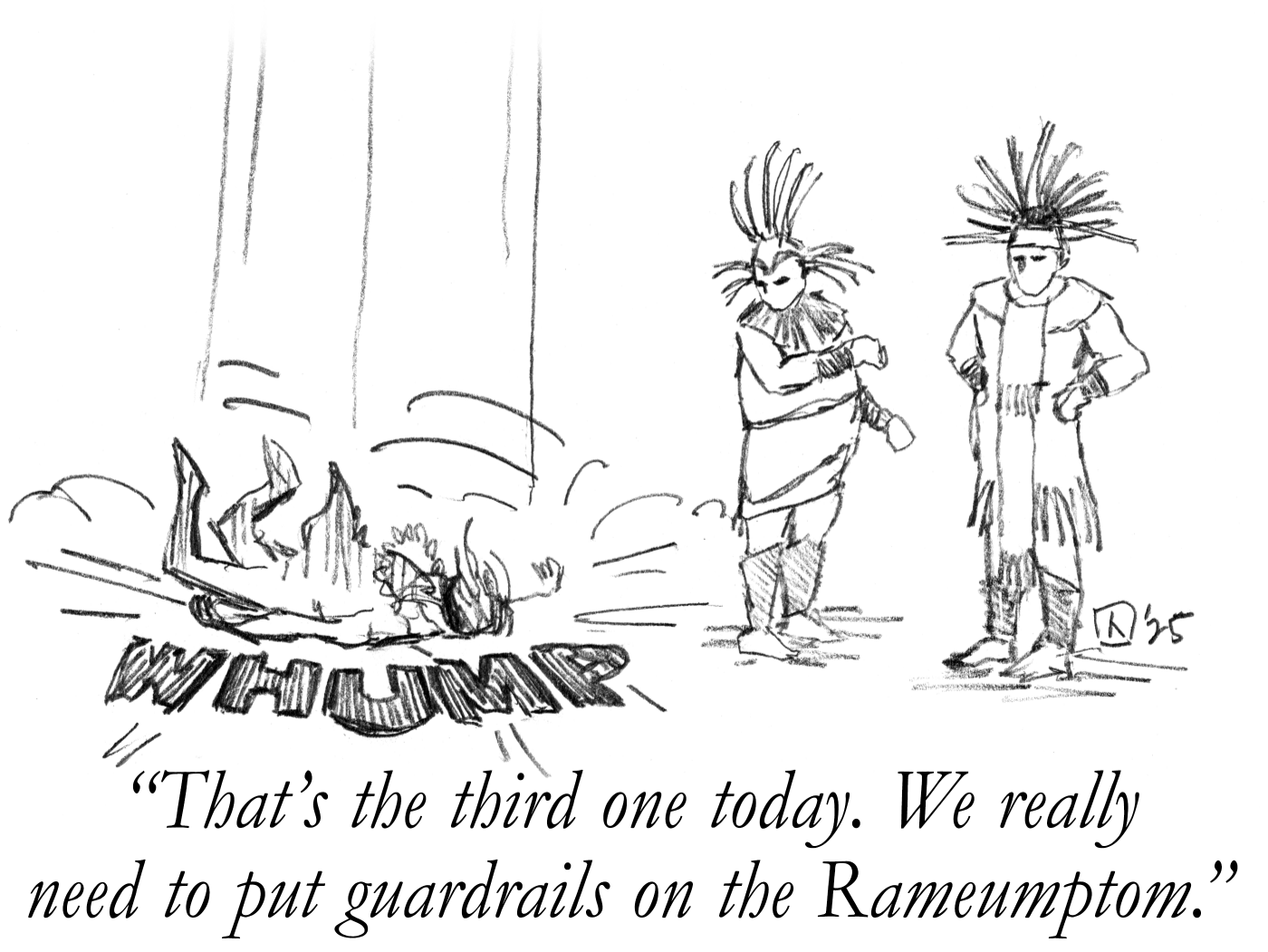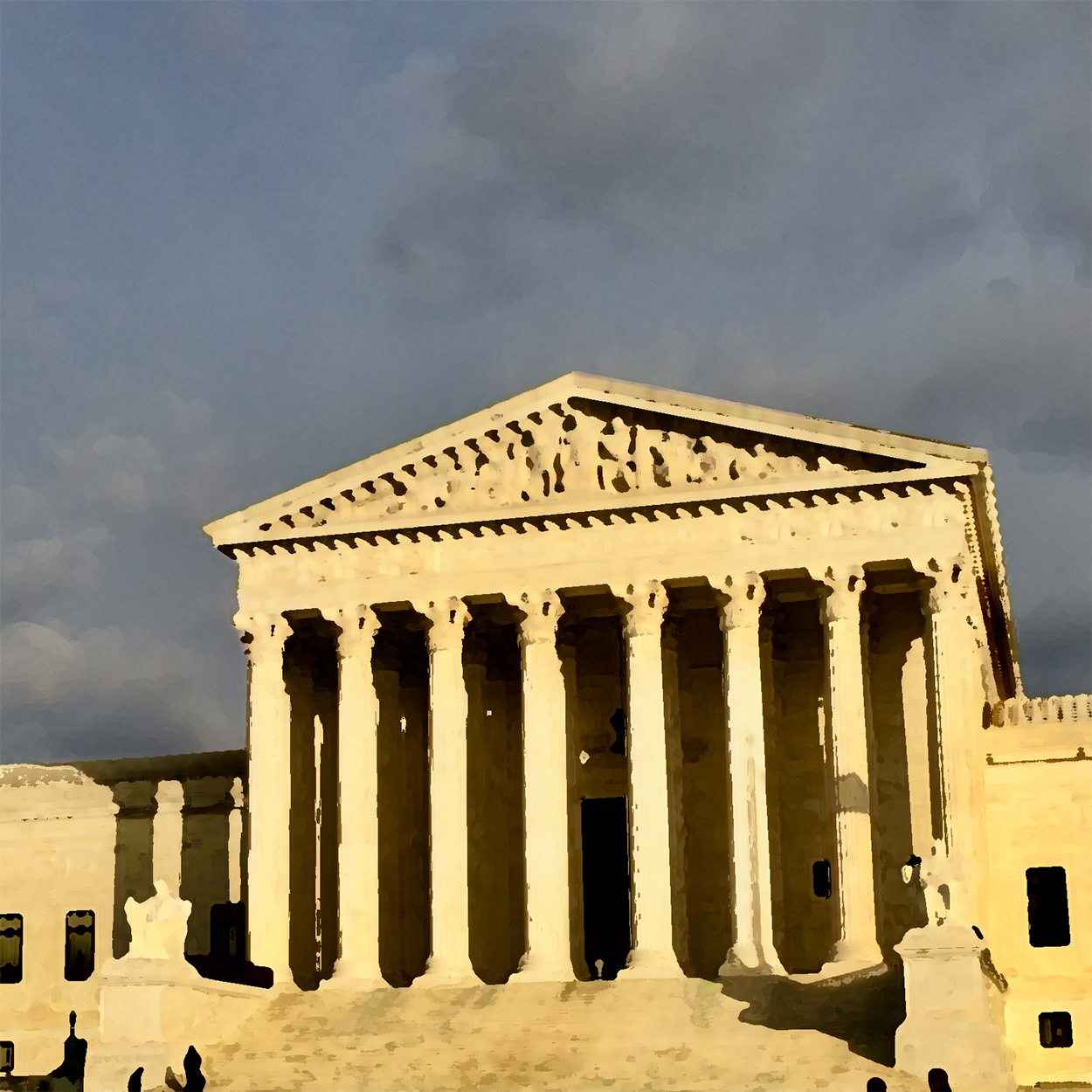I was among those who were conflicted and uncertain about their vote right up to Election Day when I filled out my mail-in ballot. I knew that I could not in good conscience vote for President Trump, but was not sure if I could vote for Joe Biden in good conscience either. Ultimately, I decided to vote for Biden because as I reflected on his rhetoric throughout the campaign I noticed he had consistently run a campaign focusing on finding common ground and unity.
One very influential factor in my decision-making process was President Dallin H. Oaks’ incredible sermon during the October 2020 general conference of the Church of Jesus Christ entitled “Love Your Enemies.”
President Oaks spoke about the need to “forgo the anger and hatred with which political choices are debated or denounced” and to follow the Savior’s admonition to “love your enemies” and do good even to those that hate you. As President Oaks acknowledged, this process “is not easy” but it is “essential.”
President Oaks put forward several steps in how we can learn to love our enemies. First, we must not “contend with anger” because “[a]nger is the way to division and enmity.” Indeed, rather than “anger and hostility toward those with whom we disagree,” we must be “even willing to learn from them.”
We will be able to rise above our baser inclinations and truly love our enemies.
Second, we must try to get to know those who are different, letting “suspicion or even hostility give way to friendship or even love when personal contacts produce understanding and mutual respect.”
Third, we must “seek to understand the power of love” in order to get “help in learning to love our adversaries and our enemies.” When we show love, he noted, we are inviting love in return—citing President Howard W. Hunter as teaching that this kind of love “encourages diverse people to live together in Christian love regardless of religious belief, race, nationality, financial standing, education, or culture.”
As part of that process, “we obey the current law and use peaceful means to change it” including “peacefully accept[ing] the results of elections.” We avoid violence, force, intimidation, or any other tactics that lead to anarchy and “undermine… individual rights.”
When we feel the natural tendency towards hating our enemies and consider resorting to extremes, President Oaks encourages us to remember that disciples of Christ “have no perpetual enemies.” Rather, they recognize that we are all children of God. As we remember “the worth of all others,” we will be able to rise above our baser inclinations and truly love our enemies.
Throughout the final weeks of the campaign, I heard echoes of President Oaks’s inspired rhetoric in Joe Biden’s campaign and saw glimpses of what President Oaks mentioned in his actions.
Most recently, as the country waited for the winner to be announced last week, I was moved as Joe Biden spoke out powerfully about the need to find unity and to overcome the animosity that divides us:
In America, we hold strong views, we have strong disagreements and that’s okay. Strong disagreements are inevitable in a democracy and strong disagreements are healthy, they’re a sign of a vigorous debate of deeply held views. But we have to remember the purpose of our politics isn’t total, unrelenting, unending warfare, no. The purpose of our politics, the work of the nation isn’t to fan the flames of conflict but to solve problems, to guarantee justice, to improve the lives of our people. We may be opponents but we’re not enemies, we’re Americans. No matter who you voted for I’m certain of one thing, the vast majority of almost 150 million Americans who voted want to get the vitriol out of our politics. We’re certainly not going to agree on a lot of issues but at least we can agree to be civil with one another. We have to put the anger and the demonization behind us. It’s time for us to come together as a nation to heal. It’s not going to be easy, we have to try.
The following day, on Saturday, November 7, 2020, after the race had been called in his favor, President-elect Biden once again included these same soul-stirring concepts in his victory speech. He explained that he would “pledge to be a president who seeks not to divide but unify. Who doesn’t see red states and blue states, only sees the United States.”
Furthermore, he committed to “work with all my heart…to win the confidence of all of you”—heartened at the expansive coalition of “Democrats, Republicans, independents, progressives, moderates, conservative, young, old, rural, suburban, gay, straight, transgender, Native American” who had supported him.
He offered words of condolence to supporters of Trump, expressing that he “unders[tood] the disappointment tonight” having lost a couple of times himself. And he urged us to “give each other a chance” and to “put away the harsh rhetoric, lower the temperature, see each other again, listen to each other again.” Biden again emphasized that in order “to make progress, we have to stop treating our opponents as an enemy. They are not our enemies: They are Americans—they are Americans.”
Citing the third chapter of Ecclesiastes, President-elect Biden exclaimed that it was “time to heal in America”
Once again, Biden explained that even though he was a “proud Democrat,” he would “govern as an American president” and “will work as hard for those who didn’t vote for me as those who did.” He called for an end of the “grim era of demonization in America” and invited people to make a choice to cooperate.
He urged the country to choose its “better angels” over its “darkest impulses”— before once more invoking scripture to declare, “Together on eagle’s wings we embark on the work God called upon us to do with full hearts and steady hands, with faith in America and in each other, with love of country, a thirst for justice. Let it be the nation that we know we can be, a nation united, a nation strengthened, a nation healed.”
I was not the only one that evening who felt these words were exactly what is needed in this moment of division. I recognize of course that words are not enough. There must be a serious effort to reach out across the aisle to those who supported President Trump. And there must be sincere efforts not to demonize or vilify those who hold conservative positions.
This would clearly be a big challenge for any administration, whether Republican or Democratic. We are more divided than ever in our country. We are more inclined than ever to see our political rivals as implacable foes. We project all of our worst fears on to the other side and turn every conversation into a skirmish and every election into a bloodbath.
So, yes, talk can be cheap. And if Biden wants to live up to this ideal, he must be courageous—especially because his seemingly sincere goals of unity will likely clash with the energy of an increasingly radical base. It’s also possible that if the Democrats take over the Senate, they will not even be remotely inclined to work together with Republicans.
I don’t know if we can ever move past the high levels of rancor and animosity stirred up over the past few years. I am frankly a bit pessimistic. Regardless of who’s in the White House, we still have far too many bomb-throwers with large platforms who profit from division and conflict.
The only way we can ever truly heal this nation is if we each make the conscious choice to follow the admonition of Jesus Christ and learn to love our enemies.
But what I do believe is that if we have a chance at any of this, Biden’s message of unity, of common decency and humanity, of finding common ground and of healing is important to getting there. At a time when he has every right to gloat and when many of his supporters are urging vindictive actions against the other side, he is trying to tone down the rhetoric. And I commend him for that decision.
I will disagree with the Biden administration on many fronts. Indeed, given my profession, I will likely sue the Biden administration on more than one occasion. But I am going to give his administration a chance. I will fight vigorously when needed, but I will seek common ground where possible. I will commit to act in good faith. I will commit to loving and serving with my political opponents remembering that “we have no perpetual enemies” and that “we’re not enemies, we’re Americans.” Above all, I will try to learn from my “enemies,” to listen to their perspective, and try to become an even better disciple of Christ.
The only way we can ever truly heal this nation is if we each make the conscious choice to follow the admonition of Jesus Christ and learn to love our enemies. President-elect Biden seems to understand that this is the only path forward for our country. Presuming the election is certified in his favor, I pray that he has the courage to lead us towards that difficult but completely necessary goal.
This moving video is another good step:
Here are some of my own thoughts on how a Biden Administration can effectively find common ground not just in word but also in deed.
- Start out on matters that are less divisive and where we can find common ground. A robust COVID-19 relief bill, infrastructure spending, and criminal justice reform/efforts to make police more accountable might be an excellent beginning.
- Try to find common ground on divisive topics such as immigration by focusing on popular things like protection for Dreamers.
- Build some good faith by actually listening to those of the other side. A republican cabinet appointment would be nice. Even more importantly, show that you are actually listening to conservatives rather than ignoring them or lecturing at them.
- Show that you can really compromise on even difficult issues. A good example of this kind of compromise is the Utah Compromise where legislators from different places on the ideological spectrum came together to find common ground and try to balance LGBTQ rights and religious freedom. Much can be done to find common ground on this topic on the federal level. But what is needed is first and foremost a paradigm where real dialogue and compromise is possible, rather than the zero-sum approach advocated by many in Congress which would totally strip religious liberty protections.
- Buck the trend of expansive executive action that enacts through the backdoor policy that Congress has chosen not to act on. This kind of executive action corrodes trust.
- Continue to speak directly to the American people and urge a message of unity.
- Do not follow Trump’s pattern of rage tweeting. Restore dignity to the office of the President.
- Avoid retributive efforts to prosecute or punish those who were part of the Trump administration. Depoliticize this process as much as humanly possible.
- Continue to speak of the greatness of American ideals. Appeal to our common sense of patriotism and national pride.

















